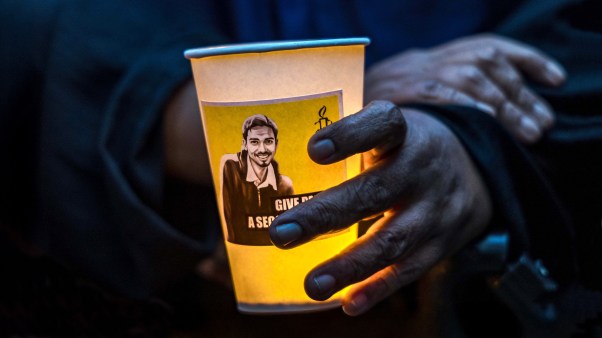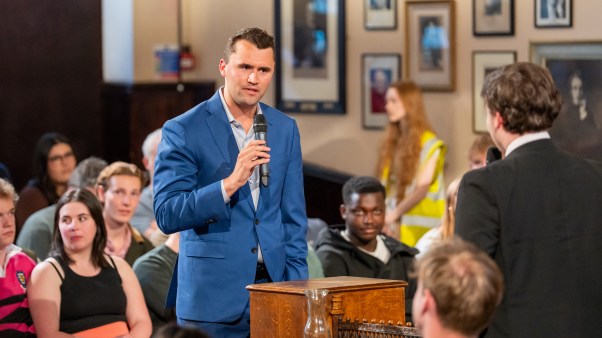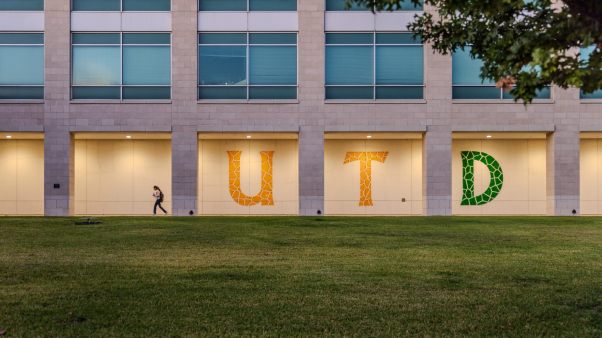Your question is tied to the history of revival and revivalism. George Whitefield, who historians identify as the key preacher of the Great Awakening, refused to speculate on how many of his listeners had been converted. “There are so many stony-ground hearers which receive the word with joy,” Whitefield said, “that I have determined to suspend my judgment till I know the tree by its fruits.” Revivals were the sole work of the Holy Spirit, and the test of time either confirmed or disproved these conversions.
But as the nineteenth century dawned, popular American Methodist preachers wanted a method to help them determine who of their listeners had been converted. Anglican churches featured an altar in front of the communion table, and ministers often encouraged parishioners to come to the altar if they needed prayer or encouragement. Methodist preachers inherited this tradition but changed its purpose, calling rather those “under conviction” to come forward to the altar. In 1801, for example, itinerant Methodist preacher Peter Cartwright told women at a camp meeting that if they promised “to pray to God for religion,” they might take a seat at the altar. Cartwright further accused parents who discouraged their children from “going to the altar” of hindering their salvation.
The altar call gained popularity in the 1830s with the preaching of Charles G. Finney. Finney rejected Calvinistic teaching that human nature was irreparably depraved; he believed only men’s wills, not their natures, needed to be converted. His “new measures,” then, set out to make regeneration as easy as possible. “A revival is not a miracle,” Finney wrote. “It is a purely philosophical result of the right use of the constituted means.” In other words, preachers might create revival if they used proven methods, chief of these being the “anxious bench” or “seat of decision.” “The object of our measures is to gain attention,” Finney said, and for that “you must have something new.”
Prominent evangelists since Finney’s time, most notably D.L. Moody and Billy Graham, have continued to make use of the altar call. But if Moody used Finney’s method with enthusiasm, he was careful to avoid implying that a minister can “cause” salvation—whatever the methods used. “It is not our strength we want,” he told his volunteer counselors. “It is not our work to make them believe. That is the work of the Spirit … I cannot convert men; I can only proclaim the Gospel.”
Steven Gertz is editorial coordinator of Christian History.
*For an incisive analysis of the history of American revivals, check out Ian H. Murray’s Revival & Revivalism (The Banner of Truth Trust, 1994).
*Christian History has two issues covering American revivalism: Issue 23: Spiritual Awakenings in North America, and Issue 45: Camp Meetings & Circuit Riders
*For more on Finney and Moody, see Christian Historyissues 20 and 25, respectively.
Copyright © 2003 by the author or Christianity Today/Christian History magazine.Click here for reprint information on Christian History.








